5—The surprise book of the year.
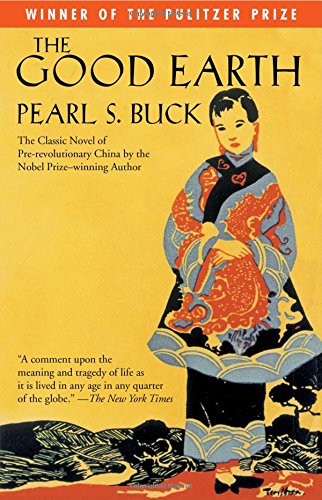
The Good Earth had a couple things going against it from the outset.
One—the aforementioned William Goldman dig1.
And two–it’s a ubiquitous bookstagram darling.
Now, this second thing shouldn’t even be a thing.
It’s my own, and often misguided, contrarian instinct to doubt the wisdom of crowds—which in this case is Instagram.
I bought a $2 copy of The Good Earth months ago, at McKays used bookstore. I bought it with a bundle of other cheap paperbacks, and for the next few months it sat on my desk, occasionally being picked up and shuffled around. I finally picked it up.
Not since Knut Hamsun’s Growth of the Soil has a book moved me so.
Like Growth, The Good Earth strikes at something primal and elemental. These books could have been written today, 100 years ago, or 500 years ago…the timelessness of these two books is stunning.
I use the word timelessness fully aware of its devolution, and the way we ruin words with our tendency for the cliche and the overwrought.
The Good Earth tells a story that transcends, and I’m in awe of it.
Buck captures humanity on a scale that is rare. Just an incredibly moving book.
Hamsun’s Growth of the Soil is an all-decade type of book.
I don’t know if The Good Earth is in that club, but it’s in the inner sanctum.
4—My favorite contemporary writer
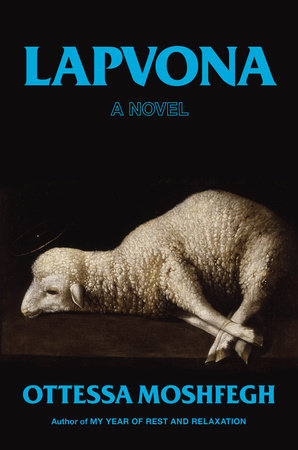
This novel is deliciously visceral. Carnal, even. The most provocative book I read all year.
Your sensibilities beware—this book will shock you.
Lapvona stunned me. Afterwards I couldn’t believe what I just read. The first review I saw for this book on Goodreads captured my initial reaction perfectly—u [sic] crazy for this one ottessa.
She is.
She went for it with this one, and I’m so glad she did.
It’s set in a medieval village—and both the village and its people are subjected to almost every human degradation imaginable. Another Goodreads review read simply–this is gross.
Yes it is.
It’s also compulsively readable.
You will certainly be disgusted at one point or another while reading Lapvona.
Embrace the obscene.
This might not be her masterpiece—but it’s her boldest book yet, and you need to read it.
3—The best nonfiction of ‘22
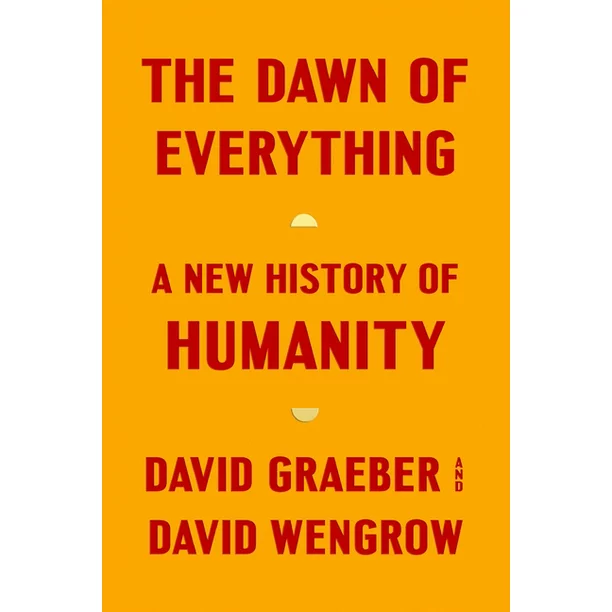
This book completely lived up to the hype. I’m in on any book that that spurs controversy, and ruffles feathers—particularly stuffy old feathers.
And especially historian feathers.
How and why did humans evolve the way that they did? How and where did the earliest societies form?
What were these societies and people like? How did they operate?
For a long time I had Jared Diamond’s Guns, Germs, and Steel as the high water mark for this genre—that tiny subgenre that tries to explain how we came to be such as we are.
Then came Yuval Harari’s Sapiens: A Brief History of Humankind.
It was a phenomenon.
I enjoyed Sapiens, but in private and to those around me I uttered old man laments like Jared Diamond wrote this book twenty years ago.
There have been others. Francis Fukuyama’s Origin of Political Order, and his (now) more contentious The End of History and the Last Man.
These books can all be categorized as linear histories. They tell similar stories of humankind discovering agriculture, and from there slowly marching towards the inevitable modern day civilization.
They lean on inevitabilities, and assumptions about human and social evolution.
They also condescend to our ancestors. They presume to understand their actions based on where we are now.
The Dawn of Everything is a paradigm shifting account of human history because it shows that linear narrative histories, and teleological thinking only prop up myths about our history as a species.
The scope of this book is staggering, and its implications are utterly fascinating. This book also takes shots at all the books mentioned above. I love a good literary feud.
2—Our greatest living writer? Maybe?
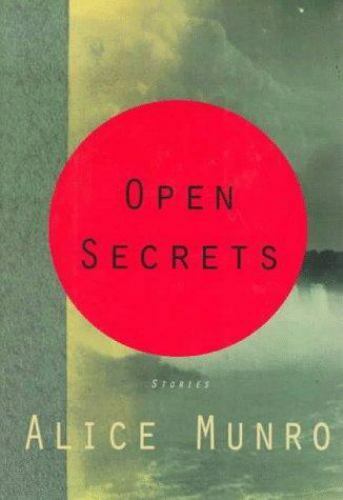
Is Alice Munro our greatest living writer?
I don’t know, but if someone made that argument I would offer no rebuttal.
She does in a few pages what most fail to do with entire books. Never sentimental or cliché.
Munro may indeed be our Chekhov.
She understands how people talk, how they act. She captures the idiosyncrasies of the human condition as well as any author I’ve ever read.
There is something so genuine with her storytelling.
Pick up any Munro book, you won’t be disappointed.
1–The best of the ‘22
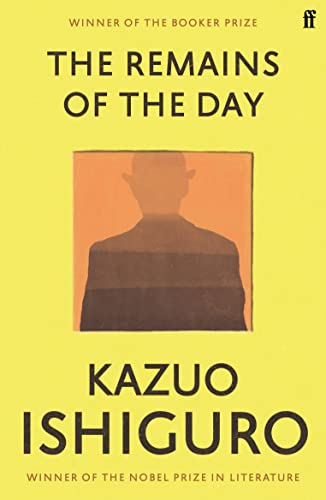
This was the first Great book I read in 2022.
Ishiguro’s prose is a pleasure to read. His use of language is insightful and his words flow in a way that rivals James Joyce.
I try to use the words brilliant, and masterpiece sparingly when describing books.
Not every good book is a masterpiece, and not every well-written piece of prose is brilliant.
This book is both. I say that with no hesitation.
The restraint, and the subtlety in this novel is something to behold.
There is a meditative quality in The Remains of the Day that is so satisfying.
I can’t recommend this one enough.
One response to “The best of ‘22
or,
the inner sanctum”
I’m going to read one of these books and come back and write a better comment. Given my tendency to start a book, then start another, then another, then another, then forget to read for a few months, then come back and pick up a new book, I don’t feel comfortable giving any kind of ETA.